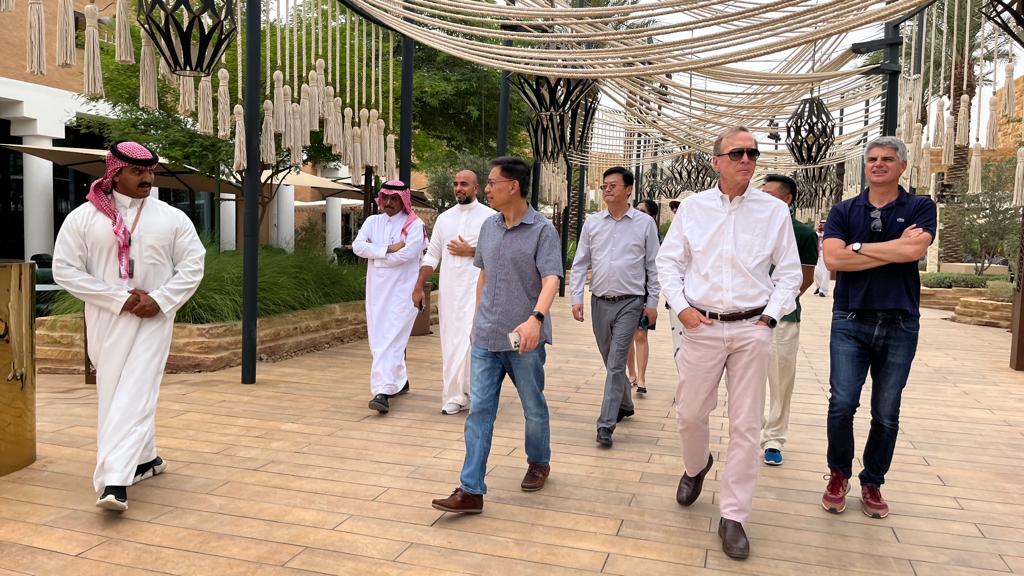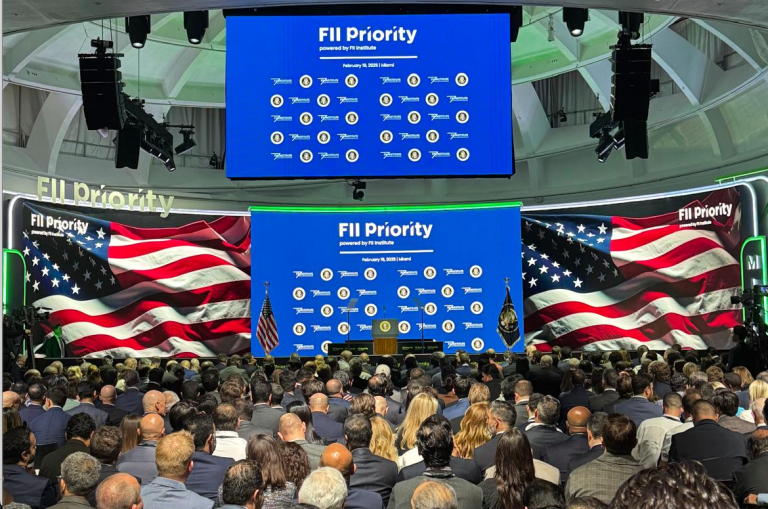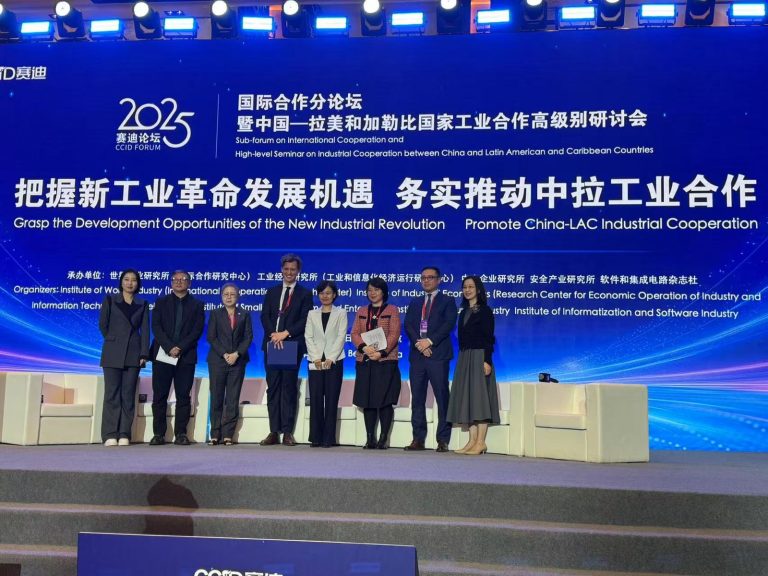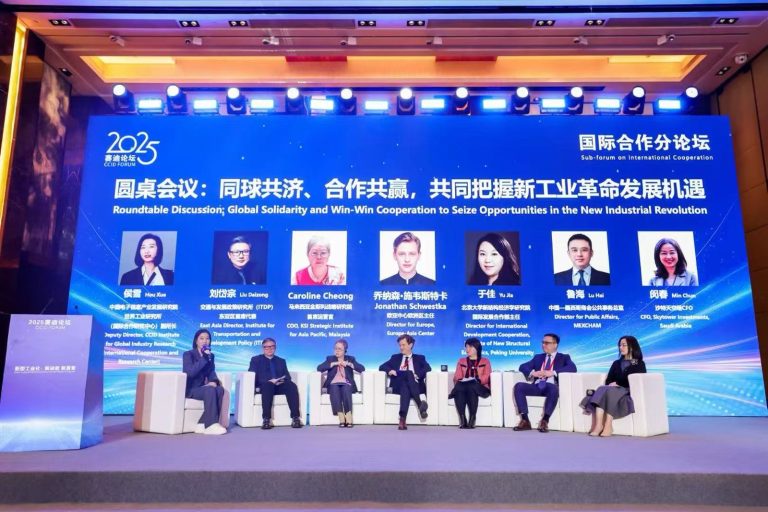A US-Chinese business delegation is scheduled to visit Saudi Arabia with the objective of establishing an international coalition, based in Riyadh, comprised of multinational corporations committed to sustainability and achieving a zero-carbon future.
Neil Bush, the delegation’s leader, emphasized that their visit to Saudi Arabia is exploratory, and they come bearing a proposal to develop the Skytower Zero Carbon Industrial Park. Their focus will be on specific renewable energy projects involving hydrogen and ammonia. This initiative is designed to be global in nature, capitalizing on the best technologies and services from the United States and China, in conjunction with Saudi funds, to execute these projects.
The delegation includes organizations within the Zero Carbon Consortium, aligned with Saudi Vision 2030 and the Net Zero 2060 objectives, with a strong emphasis on investing in renewable energy infrastructure and industrialization related to renewables. Atlas Renewable, led by Neil Bush, is a key member of this consortium, along with Energy Vault, a US-based renewable energy company specializing in storage solutions, and CNTY, a Chinese company involved in renewable resource storage. Additionally, EIPC, a Chinese quasi-governmental organization, is part of the alliance.
The Zero Carbon industrial park will operate using green energy sources, including a combination of renewable energy generation and storage solutions. The consortium aims to attract renewable energy companies specializing in wind and solar energy and storage to establish manufacturing operations within the industrial area, which will generate significant employment opportunities in the region.
Neil Bush stressed the necessity of global cooperation to combat climate change, drawing upon successful experiences from China and Mongolia to design integrated systems that enhance the efficiency of renewable solutions, particularly emphasizing the critical role of energy storage.
He expressed admiration for the transformation underway in Saudi Arabia, foreseeing it as a hub connecting the world, attracting substantial investments and technologies from both the United States and China to help achieve Saudi Arabia’s ambitious carbon-neutral goals.
Abdullah bin Zaid Al-Malehi, Chairman of the Board of Directors of the Saudi “Excellence” Holding Company, the Saudi partner in the alliance, highlighted the alliance’s plan to build an environment with Saudi leadership and international expertise. This environment will significantly contribute to investment in natural and industrial resources, aligning with the promising green energy sector that forms a cornerstone of Saudi Vision 2030.
Al-Malehi revealed that specialized Chinese organizations have expressed their readiness to invest in the green projects of the alliance. He also mentioned the forthcoming announcement of the “Global Alliance for Green Economy” under the auspices of the Saudi Ministry of Investment, with the participation of other relevant Saudi authorities.
Al-Malehi pointed out that green hydrogen is poised to make up a substantial portion of the global energy mix, with its market size in the region expected to reach around 750 billion riyals ($200 billion) by 2050. This alliance is a continuation of Saudi Arabia’s leading role in the energy market’s development.
He mentioned plans to establish an investment fund for circular carbon economy technologies in the region and a global initiative providing clean fuel solutions to feed over 750 million people globally, with total investments in these initiatives reaching approximately 39 billion riyals ($10.4 billion), of which Saudi Arabia will contribute around 15 percent.
Al-Malehi anticipated that the alliance project would strengthen the circular carbon economy by reducing carbon emissions, reusing and recycling them, and mitigating their effects on climate change, leading to economic opportunities and the “Green Middle East” initiative, promoting job creation and innovation in the region.



